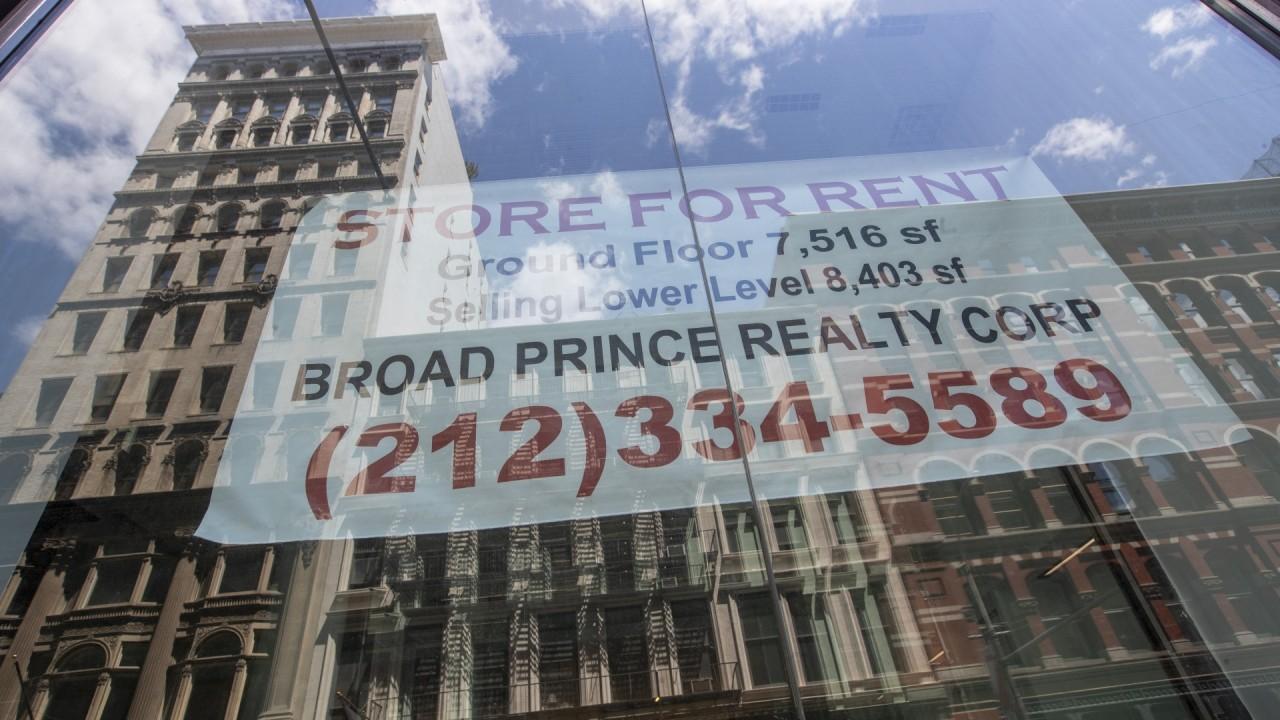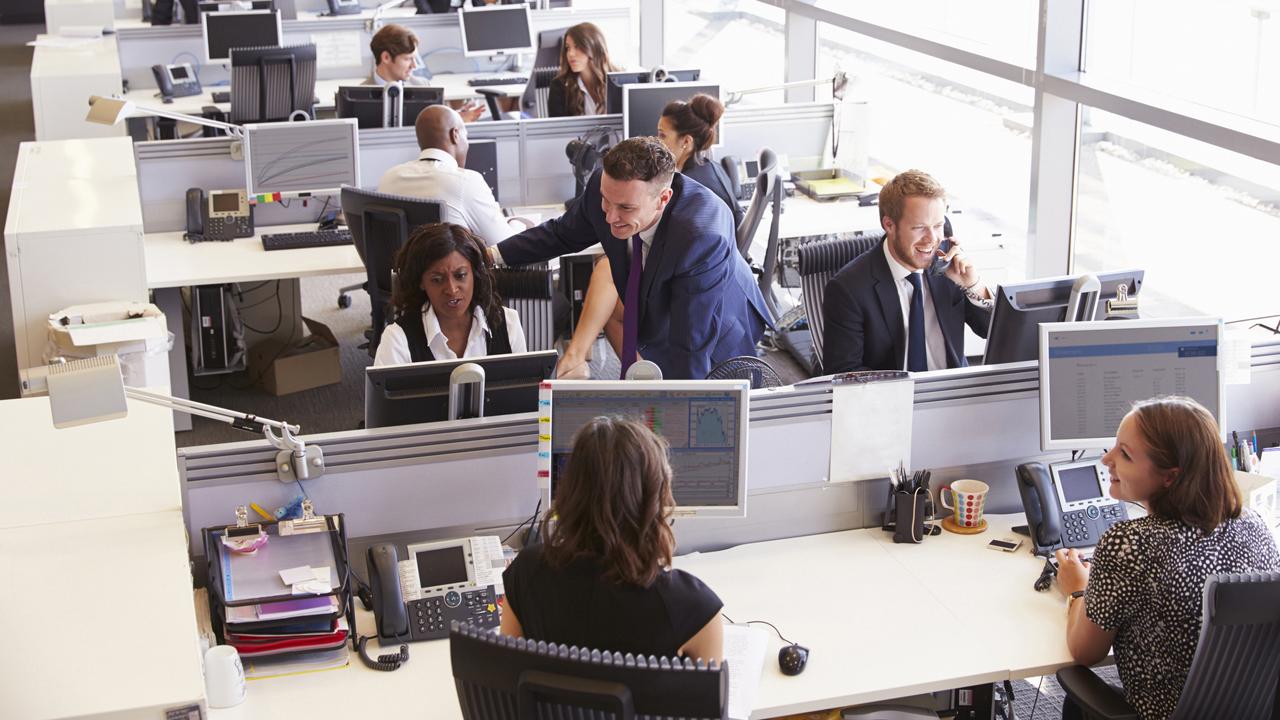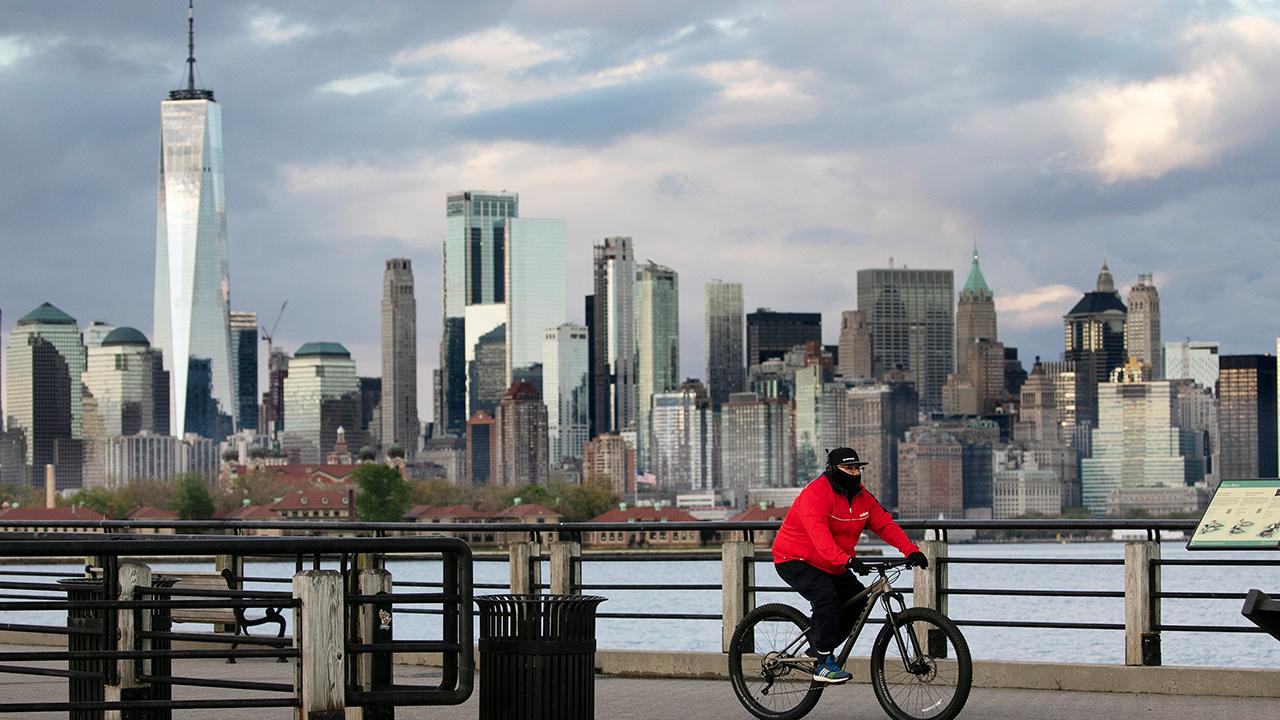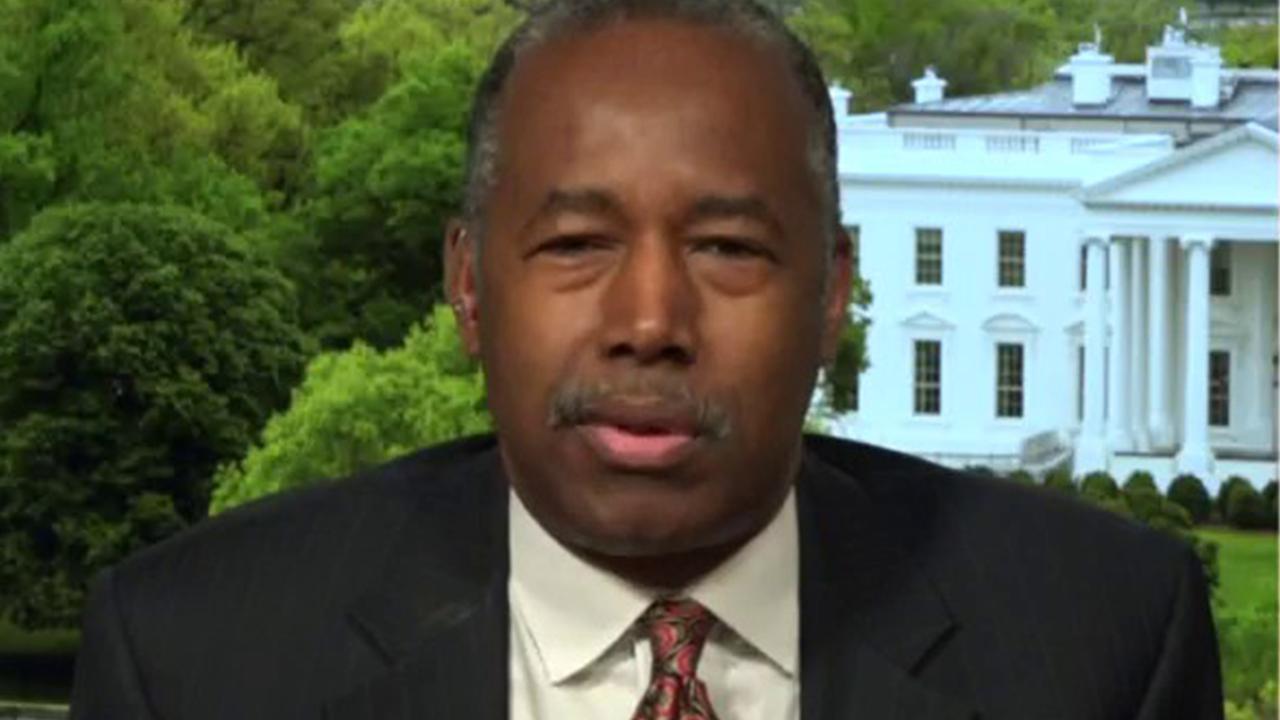Can American skyscrapers survive the coronavirus?
Coronavirus lockdowns proved many Americans can efficiently work from home
Coronavirus is not the end of big cities: CEO
Rudin Management CEO and co-chairman Bill Rudin responds to U.S. Secretary of Housing and Urban Development Ben Carson's comments regarding the Trump administration's monitoring of possible vacancies in commercial real estate in major cities and the idea of converting that empty space into affordable housing.
One thing that coronavirus lockdowns showed employers over the past few months is that many Americans can work effectively from home -- and fairly efficiently, too.
The question now is what that means for commercial real estate in big cities. Will companies return to high-rise offices in densely-packed metropolitan areas or trade the convenience of proximity for a break on soaring rent prices?
Should they opt to let workers keeping logging in from home, urban areas will have to great creative to fill skyscraper vacancies, just as New York City did in the 1990s, said Rudin Management CEO and co-chairman Bill Rudin.
"Downtown was a ghost town," Rudin told FOX Business' Maria Bartiromo on Friday, referring to lower Manhattan after decades of budget shortfalls and rising crime. "There were 30 million square feet of vacant space, and what we did was we came together, the business community, [the] government, and we created the downtown plan, which allowed conversion of older office buildings to residential."
50% OF WORKERS AFRAID TO RETURN TO OFFICE: REPORT
50% of workers afraid to return to office: Report
Cities are reopening but many offices and workplaces are waiting on having workers return. FOX Business’ Lauren Simonetti with more.
Before the community effort, Rudin noted, there were about 10,000 people living in lower Manhattan. Comparatively, there are about 70,000 people in the area today.
"And about 30 percent of those people walk to work," Rudin said during "Maria Bartiromo's Wall Street." "So, we're gonna have to look at these types of ideas to reimagine our cities."
PEOPLE SHIFTING TO WORK IN SUBURBAN OFFICE BUILDINGS POST-PANDEMIC: REAL ESTATE INVESTMENT FIRM CEO
Rudin cited a recently published article by Bloomberg's CityLab which argues that the coronavirus pandemic won't be the end of big cities and large offices.
Coronavirus causes ‘big movement’ out of New York City: Moving company president
Roadway Moving President Ross Sapir says more people are leaving New York City for nearby states or southern states, like Florida and Texas.
"People want to be in the cities, even with all the things that have been going on," Rudin maintained. "I think other CEOs want to get their workers back in to work."
He agreed with prominent executives who have argued that companies benefit from the synergy and creativity fostered by impromptu meetings in workplaces.
"There is always going to be a place for cities and for office space," Rudin said.
However, Workspace Property CEO Tom Rizk recently told Bartiromo he's seen a shift in what millennial workers want over the course of the past five years. This shift from urban to suburban "accelerated dramatically" when coronavirus hit, Rizk argued.
Coronavirus causes ‘big movement’ out of New York City: Moving company president
Roadway Moving President Ross Sapir says more people are leaving New York City for nearby states or southern states, like Florida and Texas.
"We are definitely seeing more demand already for office space outside the city," Rizk said earlier this month. "The folks who make these decisions, the corporations, are thinking about sort of a hub-and-spoke where the hub is still in downtown cities and then the spokes are in the suburbs."
Rizk sees the change in demand as a "revolution" that's going to continue for the next three to five years.
VARNEY: CORONAVIRUS WILL FOREVER CHANGE NEW YORK CITY
"The things that folks were attracted to in the city have now become issues," Rizk explained. "We see folks that wanted to be in the city for restaurants and bars and parks, and now all those places have become danger zones."
U.S. Secretary of Housing and Urban Development Dr. Ben Carson concurred.
Ben Carson: Empty commercial space could be used for affordable housing
Housing and Urban Development Secretary Ben Carson on how coronavirus is changing housing and commercial real estate.
"One of the interesting things that we've learned through this crisis is that teleworking is very effective," Carson told Bartiromo on "Mornings With Maria" on Wednesday. "I don't think it'll ever go back to the way it was before."
GET FOX BUSINESS ON THE GO BY CLICKING HERE
If office buildings are abandoned, then the White House is prepared, according to Carson. He said the Trump administration is reviewing ways to convert vacant commercial space into affordable housing.
"There are whole floors of buildings now that are not going to be used because people are working from home, so no point in just letting that just sit there," he said.
Carson hopes some of the structures might be turned into mixed-use buildings that could provide jobs.
























